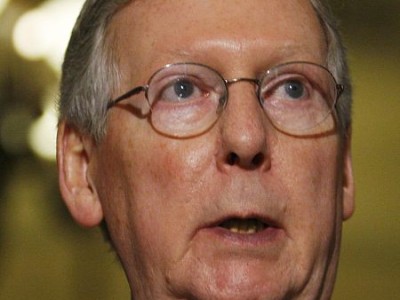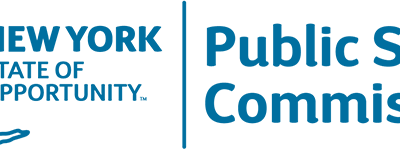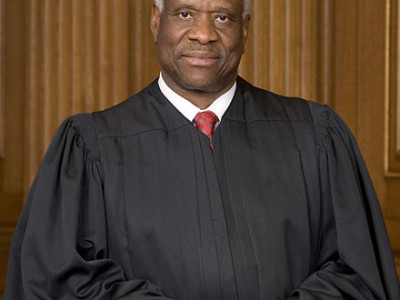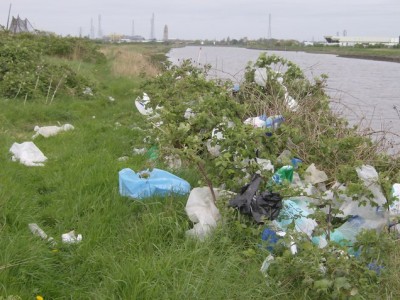Regulation
The Case Against Sulking
States will only lose out if they refuse to cooperate with the Clean Power Plan.
Mitch McConnell has urged states to refuse to submit plans if the Clean Power Plan is upheld by the Court. He has been accused of inciting lawless behavior on the part of state governments. Let me come to his defense on this. (How often do I get to do that??) The states are under no legal obligation …
Continue reading “The Case Against Sulking”
CONTINUE READINGThe Grid is Always Greener …
New York electricity regulators are working hard on “Reforming the Energy Vision”
It seems to be an undeniable part of human nature. When we consider making changes – whether it has to do with the place where we live, the business we are in, or the partner we choose – we tend to compare the flaws of the thing we know to the ideal version of the …
Continue reading “The Grid is Always Greener …”
CONTINUE READINGShut Up, Texas
Environmental Factors Smack Down Another Right-Wing Meme
If like me you are tired of Texans gloating about their supposed “miracle,” today’s post from Kevin Drum brings some good news: For years, business lobbyists complained about what they derided as “job killer” laws that drive employers out of California. Rival state governors, notably former Texas Gov. Rick Perry, made highly publicized visits to …
Continue reading “Shut Up, Texas”
CONTINUE READINGJustice Thomas Declares War on Rulemaking
His Amtrak dissent would wipe out most regulations of the last 40 years.
It didn’t get much attention, but Justice Thomas’s dissent two weeks ago in the Amtrak case was extraordinarily radical, even for him. The case involved a relatively obscure issue about the legal status of Amtrak. Justice Thomas used the occasion for a frontal attack on administrative law, including most of environmental law.. The heart of …
Continue reading “Justice Thomas Declares War on Rulemaking”
CONTINUE READINGThe Unreasonable Risk of TSCA Reform
Caught Between a Rock and a Hard Place
The Frank R. Lautenberg Chemical Safety for the 21st Century Act is no doubt generating significant conflict, including claims of undue industry influence, competing bills from prominent members of the same party, consternation among states, and divisions among health and environmental groups. And it may also be the closest we have gotten to TSCA reform—ever. …
Continue reading “The Unreasonable Risk of TSCA Reform”
CONTINUE READINGCalifornia Supreme Court to Decide Major CEQA, Climate Change Case
Justices’ Latest Grant of Review Continues Supreme Court’s Focus on Environmental Law
To paraphrase former President Ronald Reagan, there they go again. The California Supreme Court on Wednesday granted review in an important case at the intersection of the California Environmental Quality Act (CEQA) and one of the state’s most important climate change laws. The case, Cleveland National Forest Foundation v. San Diego Association of Governments, is the …
Continue reading “California Supreme Court to Decide Major CEQA, Climate Change Case”
CONTINUE READINGTSCA Reform: That’s A Good Thing, Right?
Reform of the federal chemicals statute, the Toxic Substances Control Act (TSCA), is in the news again. It got me wondering, are we are better off with the devil we know? In a legislative era characterized by harsh partisanship and excruciating deadlocks, there are signs that TSCA reform could be a rare example of cooperation …
Continue reading “TSCA Reform: That’s A Good Thing, Right?”
CONTINUE READINGEcon101, Ideological Blinders, and the New Head of CBO
There are troubling indications that Keith Hall lets ideology blind him to basic economics.
Last week, in a post about the employment effect of regulations, I mentioned briefly that the new Director of the Congressional Budget Office, Keith Hall, had endorsed some questionable views on the subject. A reader pointed me toward an additional writing that has done a lot to escalate my concerns. There are disturbing signs about both Hall’s ideological bias …
Continue reading “Econ101, Ideological Blinders, and the New Head of CBO”
CONTINUE READINGOn China’s Remarkable Viral Air Pollution Video
Can 200 million viewers (and counting) be wrong?
Last Saturday evening, my research assistant (a wonderful JD student raised and educated in China) sent me a message: “This is a link to a documentary directed by Chai Jing (柴静). It has raised public concern about air pollution.” In perhaps the understatement of the year, she added: “Many Chinese people have been watching it.” …
Continue reading “On China’s Remarkable Viral Air Pollution Video”
CONTINUE READINGReferendum Politics: California’s Pioneering Plastic Bag Ban on Hold
Out-of-State Bag Manufacturers Succeed in Qualifying Referendum Measure for 2016 Ballot
California’s recently-legislated ban on disposable plastic bans–the first in the nation–will not take effect on July 1, 2015 as the new law mandates. That’s because industry opponents of the legislation have qualified for the November 2016 election a referendum measure that seeks to repeal the new law. Last fall I wrote on this site about …
Continue reading “Referendum Politics: California’s Pioneering Plastic Bag Ban on Hold”
CONTINUE READING










